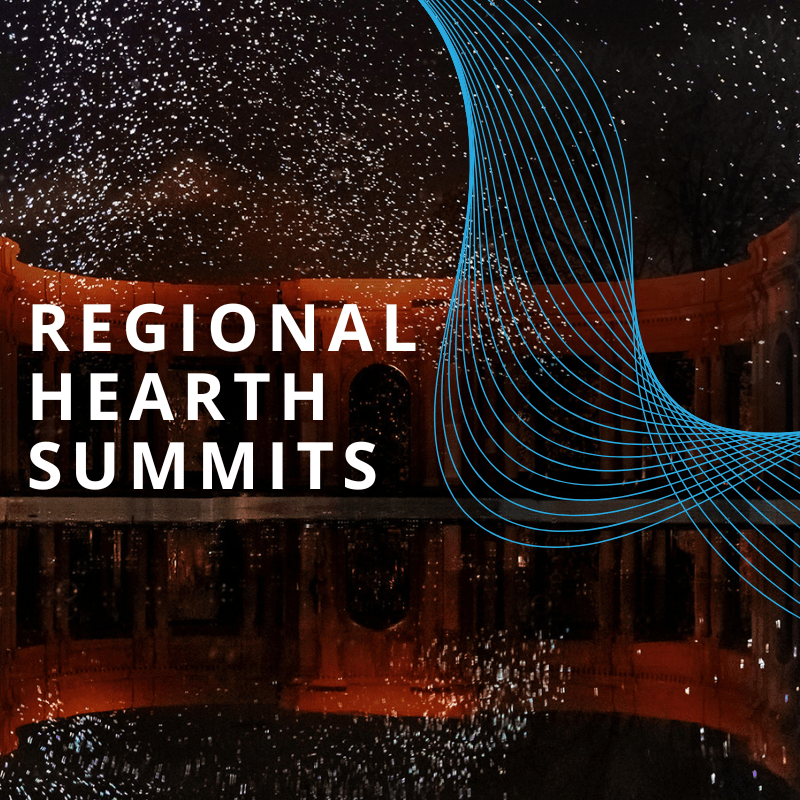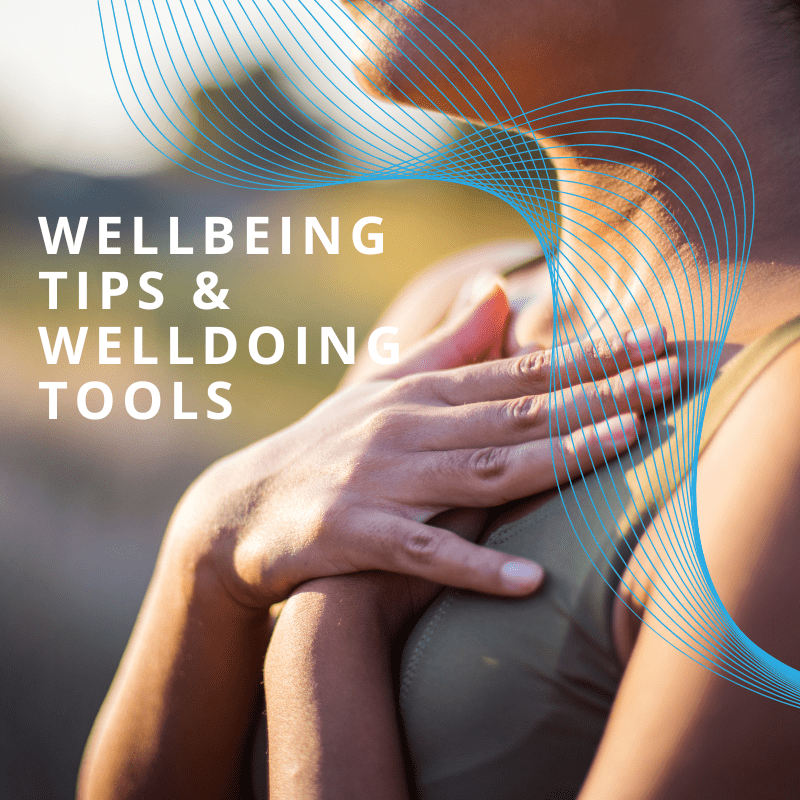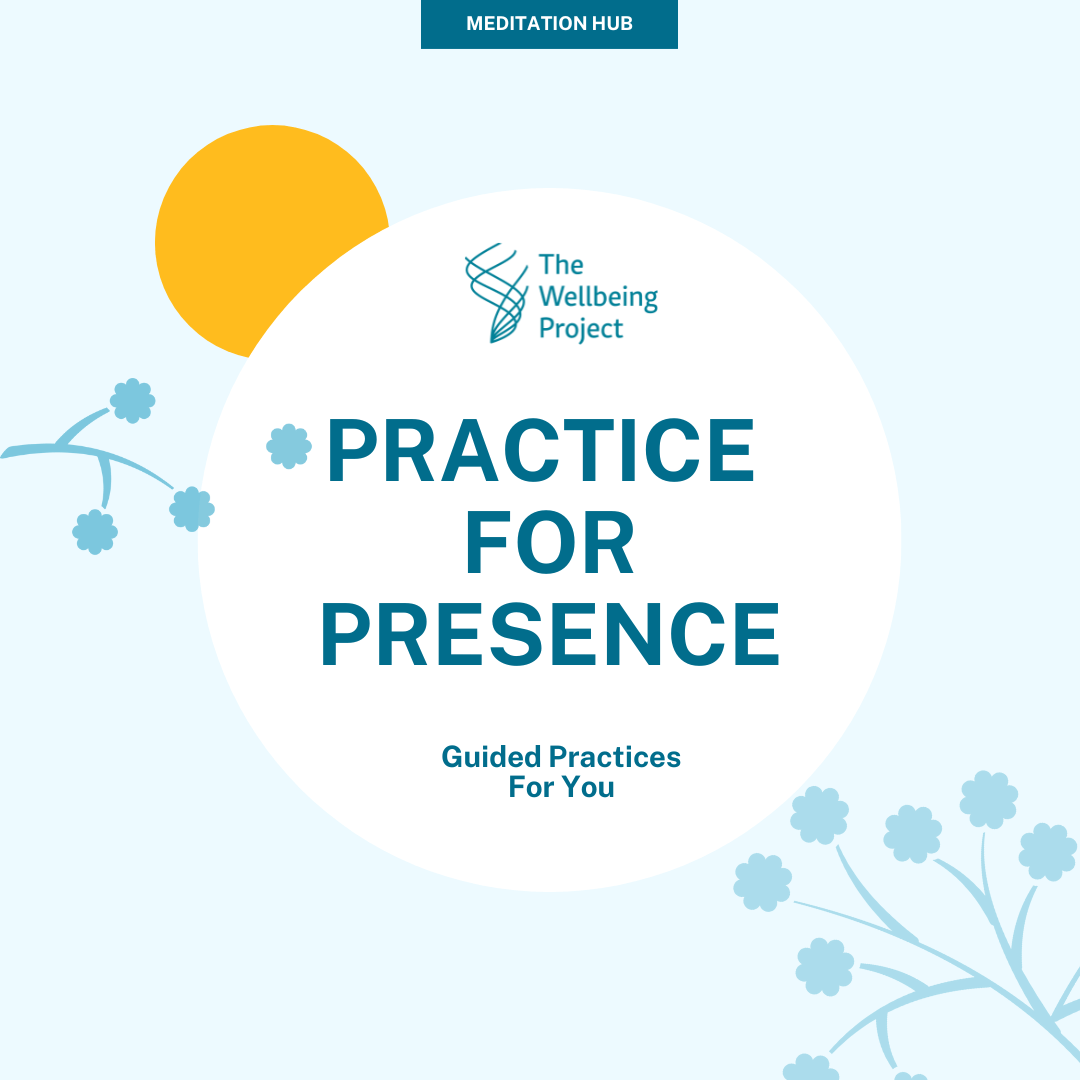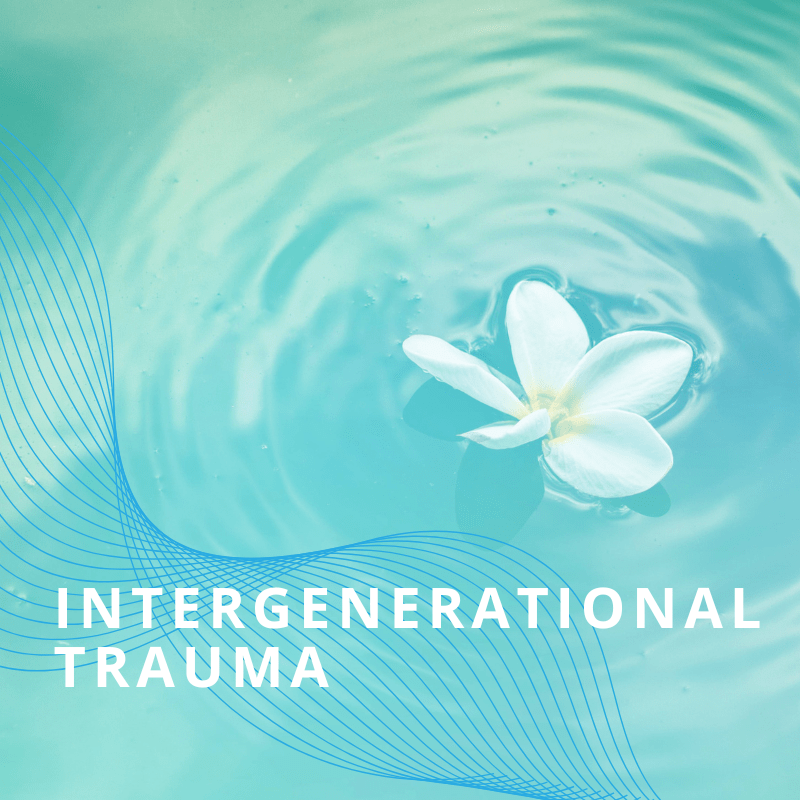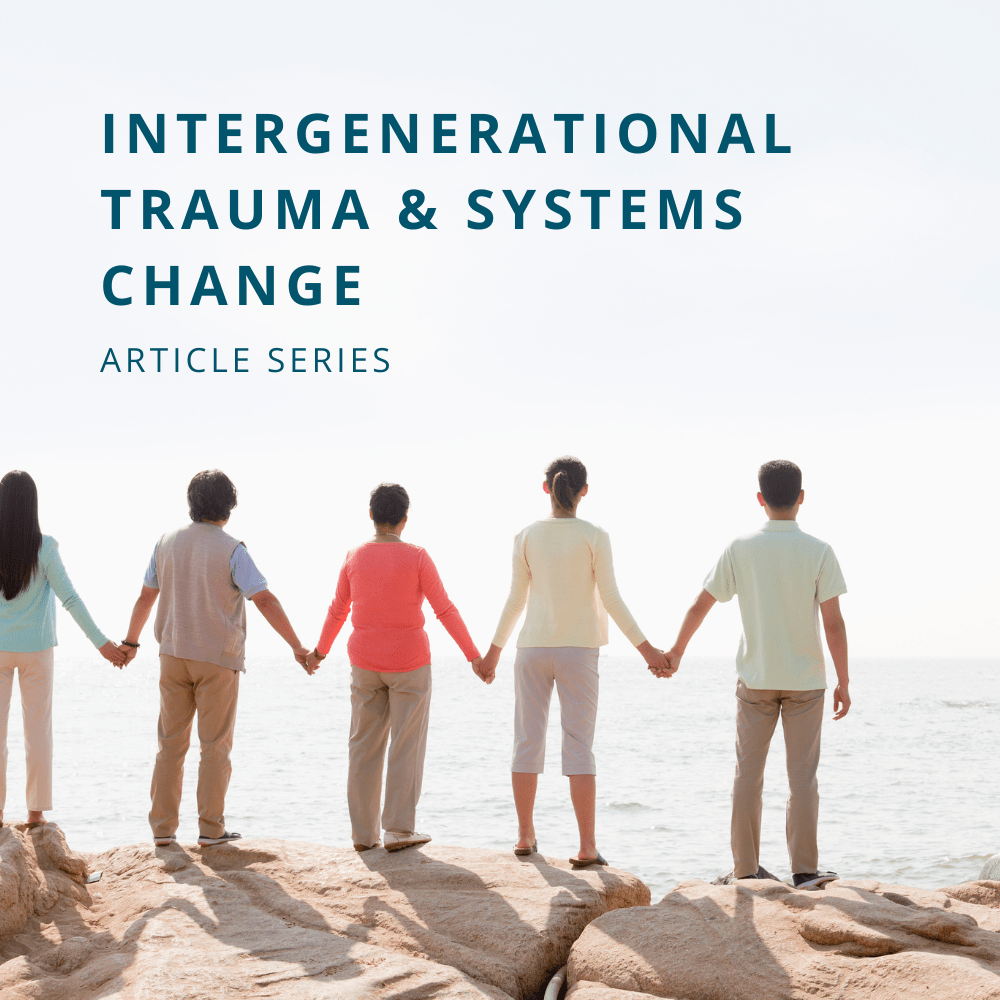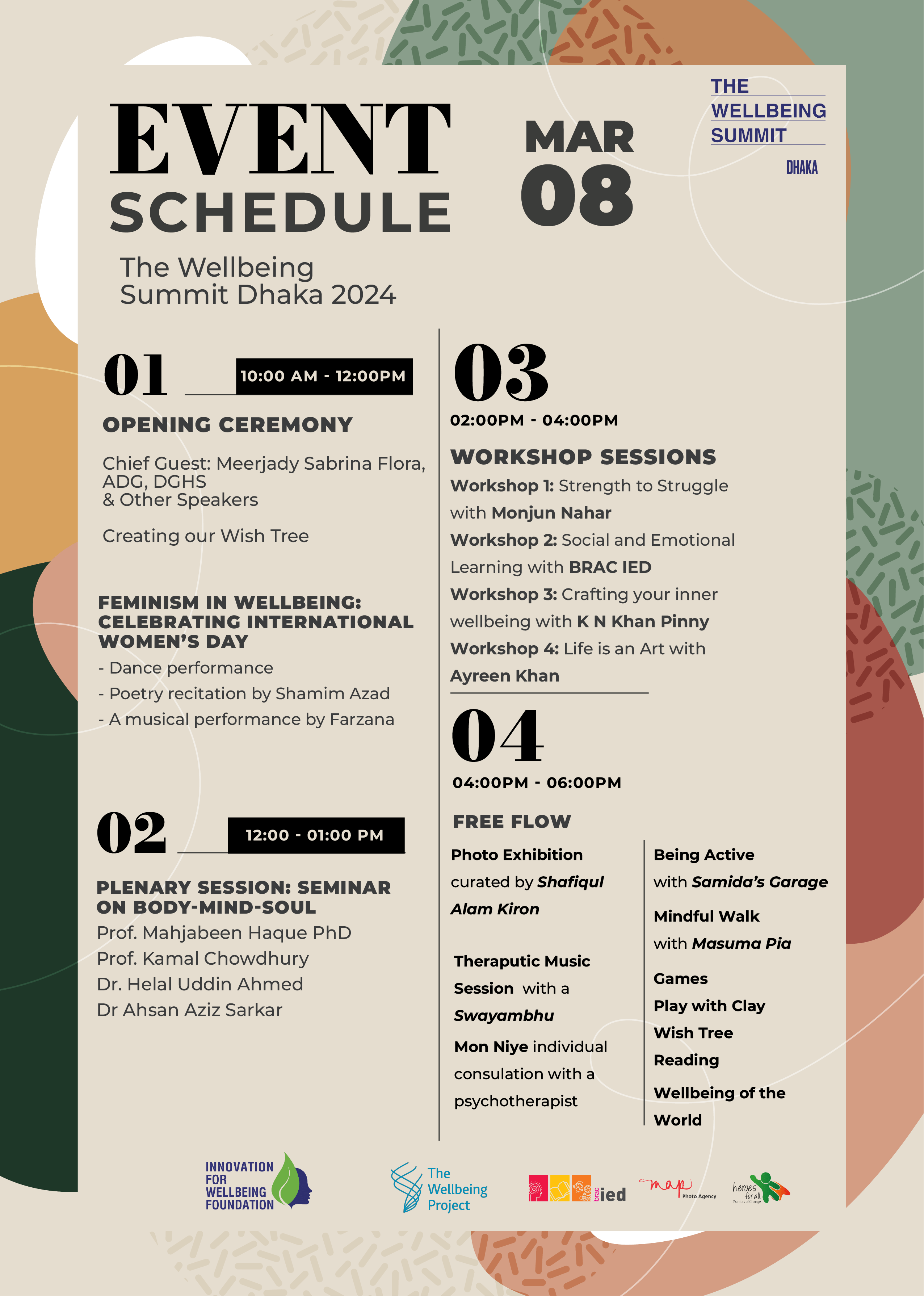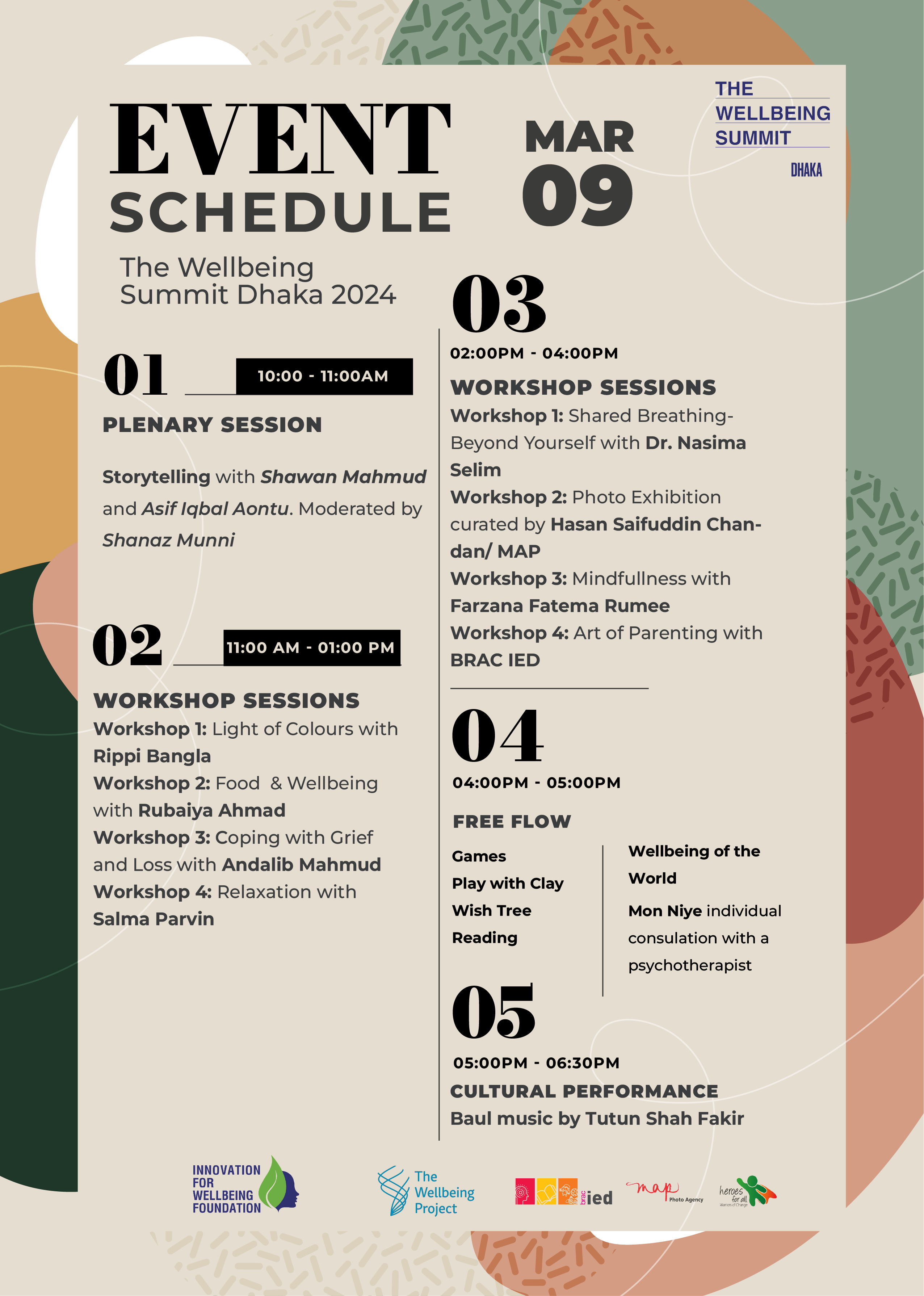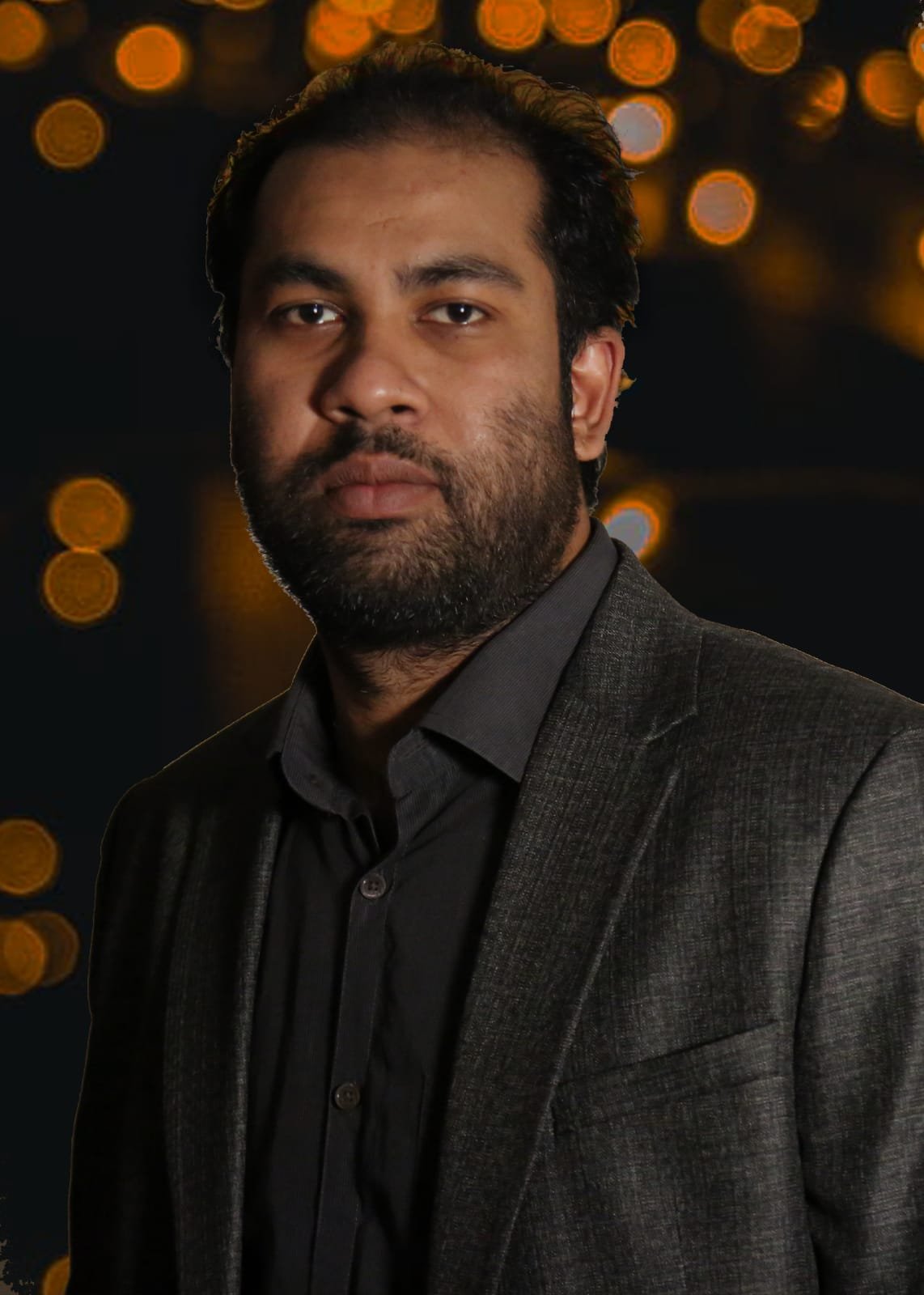
Teaching, Learning, and Co-Creating Teaching, Learning, and Co-Creating
The Science of Wellbeing x Regional Hearth Summits
UNDERSTANDING WELLBEINGUNDERSTANDING WELLBEING
“Whoever teaches learns in the act of teaching, and whoever learns teaches in the act of learning.”
Paulo Freire

COMPASSION, ALTRUISM, AND ECONOMICS
WITH PROF. DR. TANIA SINGER
In Brussels, Prof. Dr. Tania Singer, a world expert on empathy and compassion, led changemakers on a journey from inner work to a more caring economy by explaining how motivation psychology and neurobiology can inform economic models. In fostering pro-social behaviour, she explained, we can enable the impactful collaboration needed to solve our world’s biggest problems, such as climate change, social injustice, and economic inequality. The research offers decision- and policy-makers a new look at how the individual and the collective interact in order to create more sustainable macro-economic environments.

EMOTIONS, HEALING, AND PEACEBUILDING
WITH DR. OLGA KLIMECKI
In Brussels, Dr. Olga Klimecki (pictured above right), Senior Researcher at the University of Geneva, spoke on two panels to bring a neuroscience perspective to conversations on healing and peacebuilding. Citing a new research project from the Swiss Center for Affective Sciences, she explained the growing understanding of the role emotions play in conflict resolution. Through a mix of behavioural and neuroscientific experiments with field studies in conflict areas, the work seeks to aid and inform peacebuilding and diplomacy efforts.

HEALTHY MINDS AND WELLBEING
WITH DR. RICHARD J. DAVIDSON
In Bogotá, Dr. Richard J. Davidson from the Center for Healthy Minds at the University of Wisconsin-Madison shared his pioneering research on the neural bases of emotion and emotional style and how they relate to inner and organizational wellbeing. His work explores how brain function is related to wellbeing and mental health, particularly through the study of contemplative practices such as meditation. Through neuroimaging and behavioural techniques, his research captures the neuroplastic changes that occur and thereby enhance emotional resilience, reduce stress, and promote positive health outcomes.
Neuroscientific Dimensions of Wellbeing
SESSION AT Hearth Summit São Paulo
In São Paulo, Dr. Raquel Tatar, Chief Scientific Officer and Chief Operating Officer, Center for Healthy Minds, shared the dimensions of wellbeing as seen through a neuroscientific lens. Take a deep dive into how the brain works and influences wellbeing, as well as the emerging Healthy Minds Framework. Watch the session (in Portuguese).


ARTS AS THERAPY
WITH ALESSANE SECK
In Dakar-Thiès, art therapist Alassane Seck shared learnings from Fann Hospital, where the Moussa Diop psychiatric clinic is home to Senegal’s first arts therapy programme. Alassane opened the L’Atelier d’EXpression (“The Expression Workshop”) in 1999 aiming to provide holistic care to the clinic’s patients. Engaging with the arts can help alleviate symptoms of many psychiatric disorders such as depression and anxiety, schizophrenia, cognitive impairment and dementia, and autism, in an alternative, non-pharmaceutical approach.
In the specific case of L’Atelier d’EXpression, Alessane explained that only does the programme help patients self-reflect, understand their emotions, express themselves, it also helps shift cultural attitudes towards mental illness in Senegalese society. The participants’ art creations are also often exhibited in various forums and exhibitions, including the regional summit hosted by Tostan, promoting social inclusion and empathy while sharing the story of mental health with wider audiences.

NUTRITIONAL SCIENCES
WITH RUBAIYA AHMAD
In Dhaka, animal welfare activist and educator Rubaiya Ahmad led a workshop on nutritional sciences for changemakers, explaining the physiological relationship between diet and mental health. Conversations about inner wellbeing are incomplete without considering one’s physical wellbeing, she said, as she covered topics such as nutrition, physical exercise, and emotional relationships with food.
As the founder of Bangladesh’s first vegan eatery, The Bangu Vegan, she also shared the human and environmental benefits of eating plant-based foods. She also explained the cultural relevance of plant-based diets in Bangladesh, noting the presence of vegan and vegetarian elements in many authentic Bengali dishes.

SOCIO-EMOTIONAL LEARNING
WITH BRAC INSTITUTE FOR EDUCATIONAL DEVELOPMENT
In Dhaka, a team from BRAC Institute for Educational Development (BRAC IED) introduced changemakers of all ages to Socio-Emotional Learning (SEL). In the hybrid session mixing instruction and interactive play, participants learned the basics of SEL and how its five core competencies — self-awareness, self-management, social awareness, relationship skills, and responsible decision-making — relate to fostering wellbeing individually, collectively, and in the workplace. Through games and reflective conversations, the session also looked at how these competencies are taught, exercised, and perceived in Bangladeshi culture.

